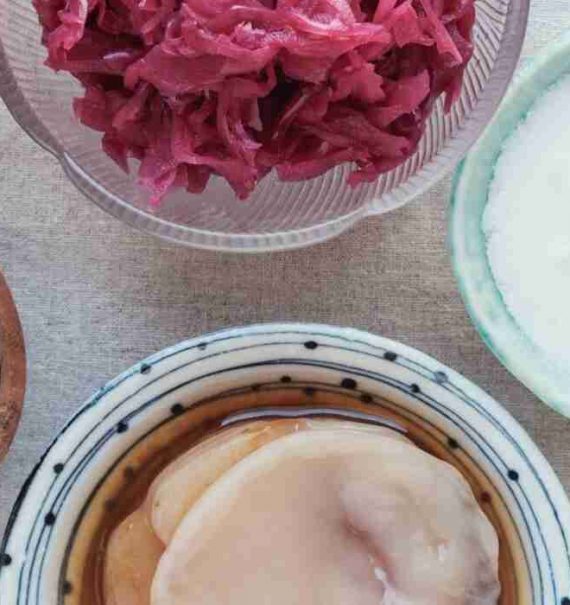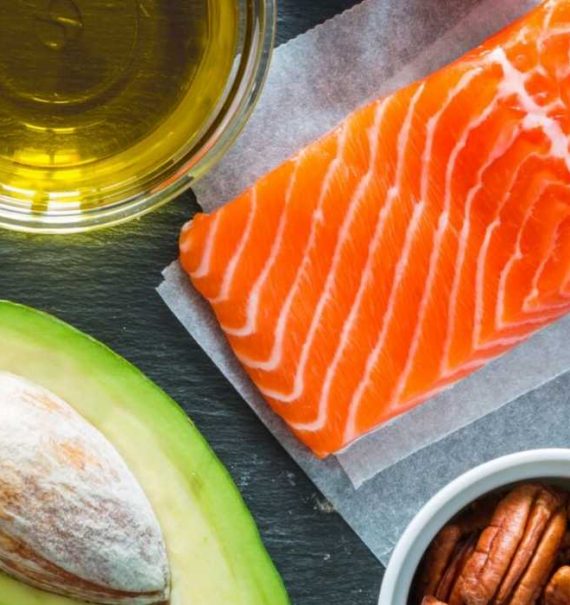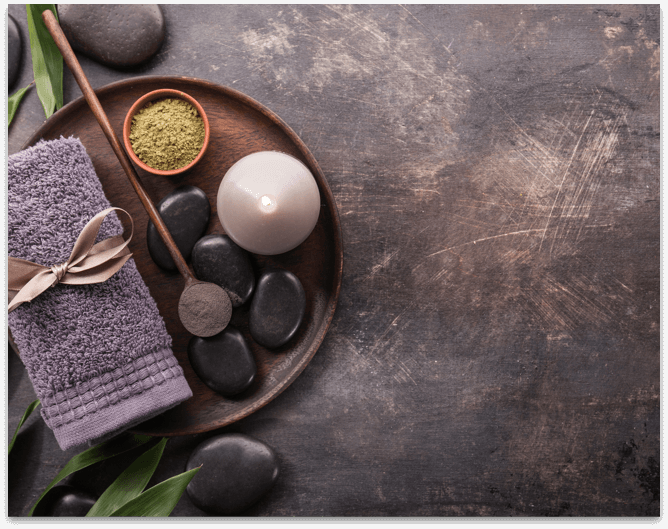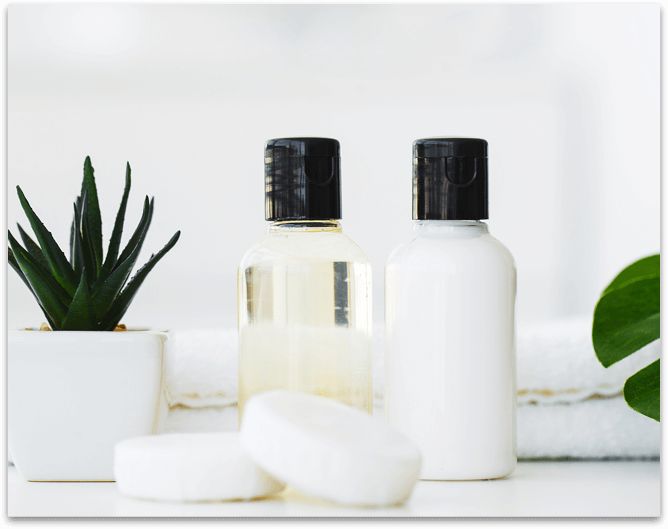
I love coffee. I love the taste. I love the smell. It’s an experience. I love to sit with a cup of coffee in the morning and read and catch up on news.
To drink or not to drink coffee seems to be the question. Everybody has a different opinion about whether or not coffee is something that you can include on a raw diet. From my perspective it’s a personal choice.
Most of the raw foodies that I know about are not 100% raw, they’re a very, very high percentage in their food choices. A good example of this is a chocolate. A lot of raw foodies eat dark chocolate with a high percentage of cacao, but chocolate bars are clearly not completely raw food. Another example, is maple syrup which is again quite commonly used by raw food enthusiasts.
For me this journey is about optimizing my health so one of the places I started was to look at the health benefits and that the detractors health detractors of coffee consumption. As you can probably guess my research was far from conclusive.
So I started to look at some articles about the health benefits and risks of drinking coffee daily and here are some of my findings.
With an ORAC (oxygen radical absorbent capacity) number over 15,000, coffee is the number one source of antioxidants for most individuals in the US. Coffee contains quinine (bitter compounds) and has vitamins and minerals including: magnesium, and a number of B vitamins.
Antioxidants in Coffee
Cafestol
Cafestol is a bile acid modulator in the intestine. It is also a potent anti-inflammatory substance in the brain and (decaffeinated) coffee may help improve memory, according to the Science Daily.
Chlorogenic Acid
Chlorogenic acid (CGA) is in both green and roasted coffee. It is antioxidant, antibacterial and anti-inflammatory. CGA also helps control insulin levels, fat accumulation in the body and boost metabolic rate.
Melanoidins
Melanoidin gives coffee its unique roasted aroma. It is the brown coloured, nitrogenous compounds have anti-bacterial and anti-inflammatory properties.
Quinine
Quinine is derived from the bark of a tropical evergreen plant known as Cinchona tree—known for its effectiveness in treating malaria. It provides the bitter notes in some coffee beans. Bitters are well known digestive aids.
Trigonelline
This compound is anti-bacterial and also adds to the unique aroma of coffee. It may also have protect against some cancers, diabetes, memory loss, and high cholesterol.
Other Phenols
The cinnamic acids found in coffee are powerful oxidising agents that neutralize free radicals and curb oxidative stress.
Other Potential Health Benefits include:
- Prevent dementia and memory loss
- Slow the aging process
- Reduce cancer risks
Caffeinated and decaffeinated coffee provide nearly the same level of benefit. The caveat for decaf is that the processing to reduce caffeine can add toxic chemicals to the beans.
There’s also research that suggests that coffee may actually help prevent type two diabetes. Coffee may also lower the risk of some cancers, heart disease and prevent Parkinson’s disease and memory loss.
The risks of drinking too much coffee are probably more well-known. Excessive consumption of coffee can cause anxiety and depression to be exacerbated. Coffee can also disrupt your sleep patterns.
Although I love my coffee black, for most of us coffee is not just about coffee. It’s also about the things we put in the coffee. If your coffee is primarily a delivery vehicle for milk and sugar, the benefits may be reduced.
So for me the conclusion was I will continue to drink my coffee. All things in moderation applies here. I typically drink 1 to 2 cups a day. Maybe not every day. But I have noticed that since I have been eating raw foods, I am enjoying the flavor of the coffee more. (I think my taste buds have become more sensitive.) And I don’t feel like I am so dependent on coffee to get energy in the morning. So I can take it or leave it on any given day.










